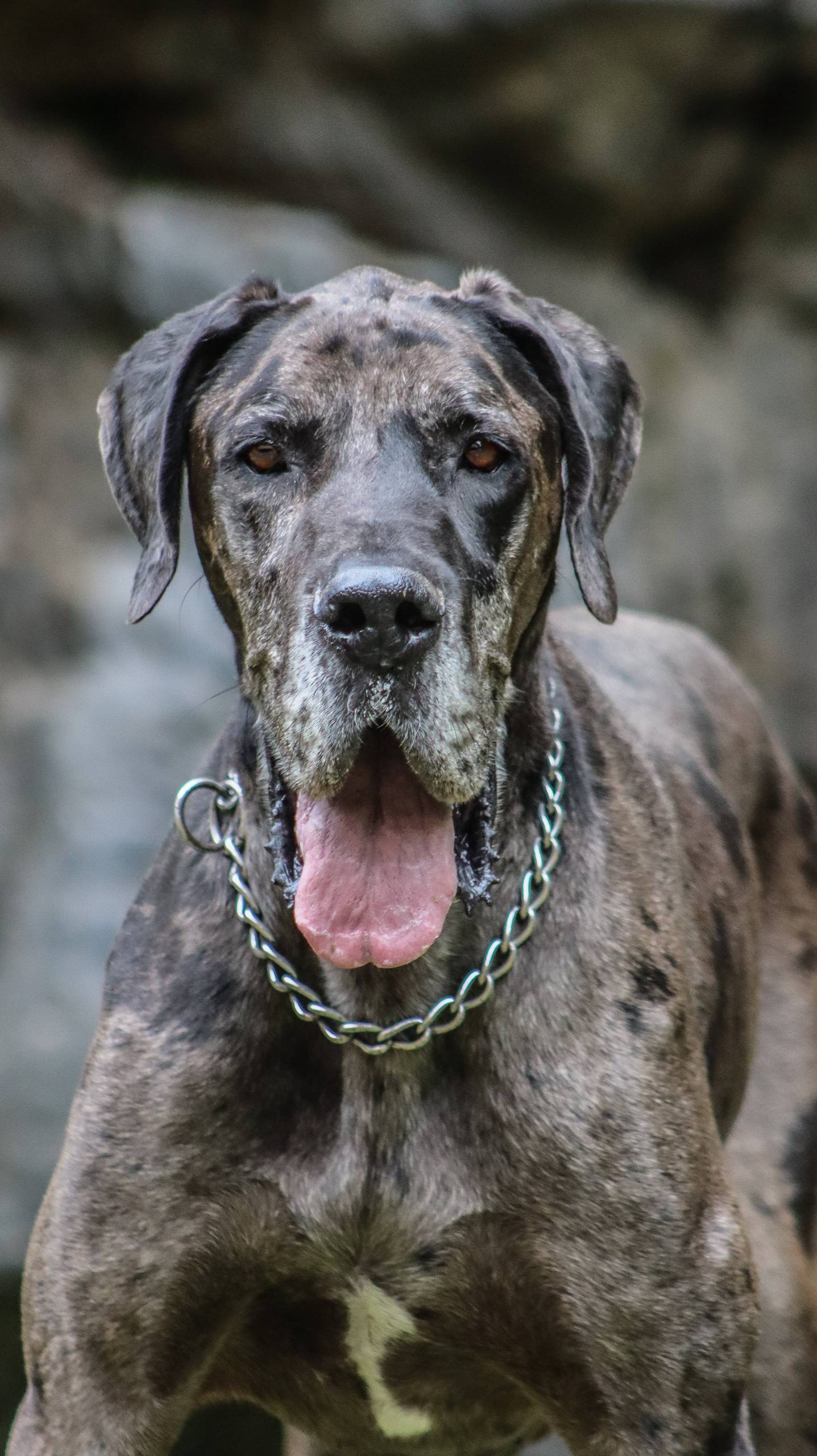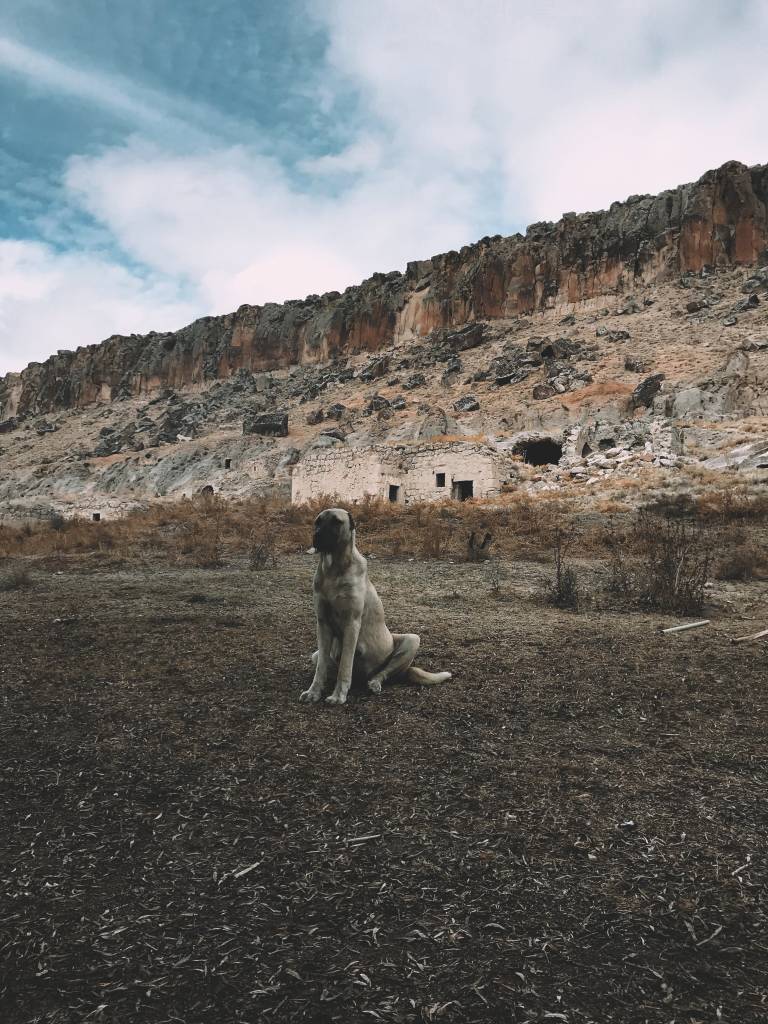What Not To Feed Dogs With Colitis?
Post Date:
December 10, 2024
(Date Last Modified: December 10, 2024)
Colitis can be a challenging condition for dogs, leading to symptoms like diarrhea and abdominal discomfort. It’s vital to understand which foods can worsen this condition to promote healing and prevent flare-ups.
Dietary Restrictions for Healing
When a dog has colitis, their digestive system becomes sensitive. High-fat foods pose a significant risk, as they can lead to gastrointestinal upset. Avoid fatty meats, fried foods, and many commercial treats, opting instead for lean proteins such as boiled chicken or turkey, which are gentler on the stomach.
Avoid Artificial Additives
Many commercial dog foods contain artificial additives, preservatives, and fillers that can irritate a dog’s digestive system. Ingredients like corn, wheat, and soy are often hard to digest and should be avoided. Always read labels carefully and choose high-quality dog foods with real meat as the primary ingredient, steering clear of artificial colors and flavors.
Steer Clear of Dairy
Dairy products can be problematic, especially for lactose-intolerant dogs. Even small amounts of cheese, milk, or yogurt can cause discomfort and worsen colitis symptoms. Instead, consider offering pureed pumpkin or sweet potatoes, which are generally well-tolerated and provide beneficial fiber.
Avoid Certain Vegetables
While many vegetables are healthy, some can be difficult for dogs to digest. Completely avoid onions and garlic, as they are toxic, and limit broccoli, which can cause gas. Focus on easily digestible options like carrots or peas in moderation.
Watch Out for Table Scraps
Sharing human food with dogs can lead to unintended consequences. Many human foods, particularly fatty, spicy, or seasoned dishes, can be harmful. Even seemingly healthy foods like avocados should be avoided due to the substance persin, which can be dangerous for dogs. Stick to a diet specifically formulated for dogs’ needs.
Hydration Matters
While ensuring hydration is crucial, many broths can contain high levels of salt or additives that irritate the digestive system. Opt for low-sodium or homemade broths without seasonings, and always provide access to fresh, clean water.
Meal Frequency and Portions
Feeding smaller, more frequent meals can ease the burden on a sensitive digestive system. Large meals may overwhelm the gut, leading to discomfort. Spacing out meals aids in easier digestion.
Incorporating Beneficial Foods
Some foods can help manage colitis symptoms. High-soluble fiber options like plain cooked rice or oatmeal can soothe the digestive tract and help firm up stools, providing relief.
Consulting a Veterinarian
Consult a veterinarian to identify specific foods to avoid and suitable alternatives. Each dog is unique, and a professional can rule out other underlying health issues contributing to colitis.
Managing a dog’s diet with colitis requires diligence and care. By being mindful of what to avoid, you can significantly improve your dog’s quality of life. The right nutritional choices play a vital role in their health, making it essential to stay informed and proactive in their care.






